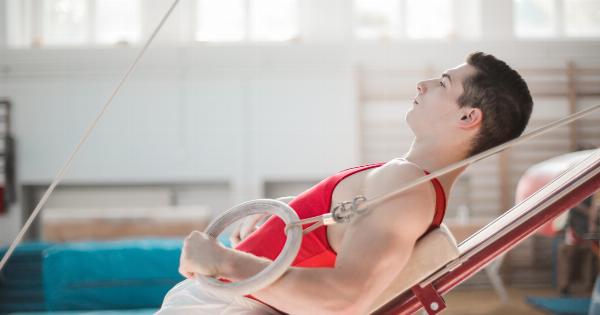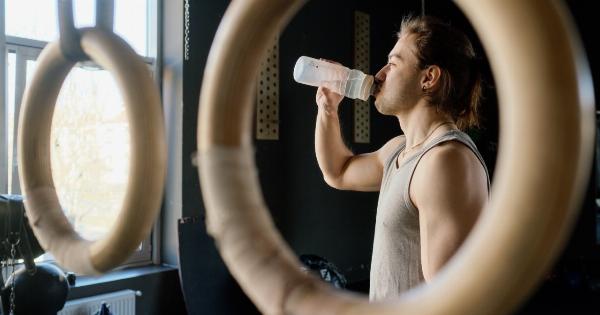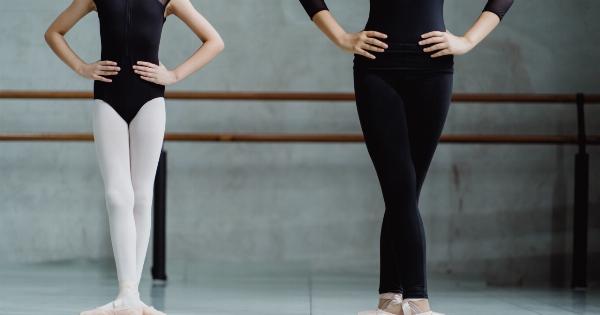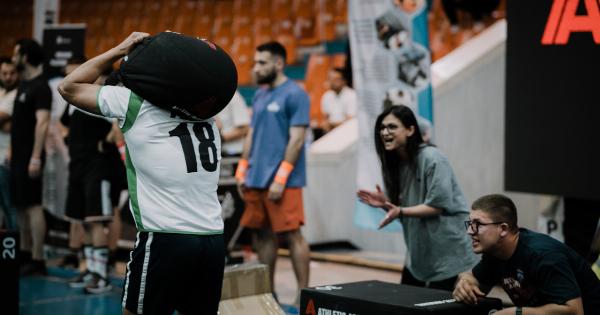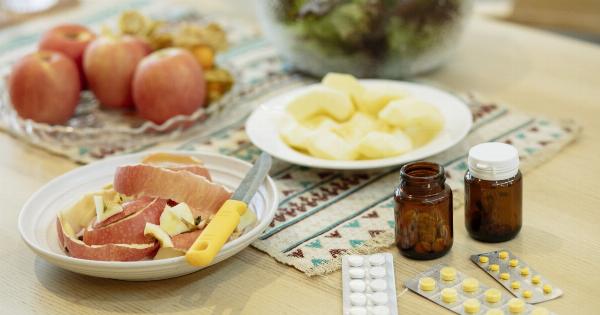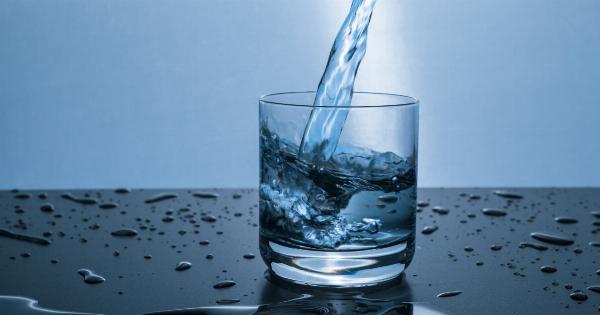Gymnastics is a physically demanding sport that requires strength, flexibility, agility, and endurance. To excel in this sport, gymnasts need to have a well-rounded training program that includes not only skill development but also proper nutrition.
The right blend of nutrients can provide the energy and stamina needed to perform at their best. In this article, we will explore the perfect nutrition blend to fuel your gymnastics routine.
The Importance of Proper Nutrition
Nutrition plays a crucial role in the performance and overall well-being of gymnasts. A well-balanced diet provides the necessary nutrients to support growth, repair muscles, promote bone health, and optimize physical and mental performance.
Additionally, it helps prevent injuries, aids in recovery, and enhances overall athletic performance.
Carbohydrates: The Energy Source
Carbohydrates are the primary source of energy for gymnasts. They provide the fuel needed for both high-intensity and endurance activities.
Complex carbohydrates, such as whole grains, fruits, vegetables, and legumes, are the ideal choice as they release energy slowly, ensuring a steady supply of fuel throughout training sessions and competitions. Simple carbohydrates, like refined sugars, should be consumed in moderation as they provide quick energy but can lead to crashes later on.
Protein: Building and Repairing Muscles
Protein plays a vital role in the growth, repair, and maintenance of muscles. Gymnasts, who perform intense physical activities, require an adequate amount of protein to promote muscle recovery and prevent muscle breakdown.
Good sources of protein include lean meats, poultry, fish, eggs, dairy products, tofu, legumes, and nuts. It is essential to distribute protein intake evenly throughout the day to ensure optimal utilization by the body.
Fats: Essential for Energy and Nutrient Absorption
Contrary to popular belief, not all fats are bad for you. Healthy fats, such as those found in avocados, nuts, seeds, and fish, are essential for overall health and performance.
They provide a concentrated source of energy, aid in the absorption of fat-soluble vitamins, and support hormone production. Including a moderate amount of healthy fats in your diet can help sustain energy levels, improve brain function, and maintain a healthy weight.
Hydration: The Key to Performance
Staying hydrated is of utmost importance for any athlete, including gymnasts. Dehydration can impair performance, lead to muscle cramps, and increase the risk of injuries.
It is recommended to drink water throughout the day and increase fluid intake during training sessions. Sports drinks can be beneficial during intense workouts as they help replenish electrolytes lost through sweat. However, it is crucial to avoid sugary drinks that can cause energy crashes and interfere with proper hydration.
Timing: When and What to Eat
Timing your meals and snacks properly is essential to maintain a consistent energy level and support optimal performance. It is advisable to eat a balanced meal containing carbohydrates, proteins, and fats a few hours before training or competing.
This will provide the necessary fuel and nutrients without causing discomfort during exercise. It is also important to have a post-workout snack or meal within an hour of training to replenish energy stores and aid in muscle recovery.
Meal Ideas for Gymnasts
Here are some meal ideas that are nutritious, delicious, and suitable for gymnasts:.
Breakfast:
– Whole grain toast with avocado and scrambled eggs.
– Greek yogurt topped with fruits and nuts.
Lunch:
– Grilled chicken or fish with brown rice and roasted vegetables.
– Quinoa salad with mixed greens, cherry tomatoes, and grilled tofu.
Snacks:
– Apple slices with almond butter.
– Hummus with carrot and cucumber sticks.
Dinner:
– Lean beef or tofu stir-fry with a variety of vegetables.
– Baked salmon with sweet potato and steamed broccoli.
Taking Supplements Wisely
While a well-balanced diet should provide all the necessary nutrients for gymnasts, there may be instances where supplements can be helpful.
However, it is important to approach supplements with caution and consult a healthcare professional or a registered dietitian before incorporating them into your routine. Supplements should never be a substitute for a healthy diet and must be used judiciously to address specific deficiencies or support athletic performance.
Rest and Recovery: The Missing Piece
While nutrition is crucial for fueling your gymnastics routine, rest and recovery are equally important for optimal performance. It is during rest that the body repairs and rebuilds muscles, replenishes energy stores, and strengthens neural connections.
Make sure to prioritize sleep, take regular rest days, and incorporate relaxation techniques into your routine to maximize the benefits of your training and nutrition efforts.
By fueling your gymnastics routine with the perfect nutrition blend and prioritizing rest and recovery, you can optimize your performance, reduce the risk of injuries, and achieve your gymnastics goals.




